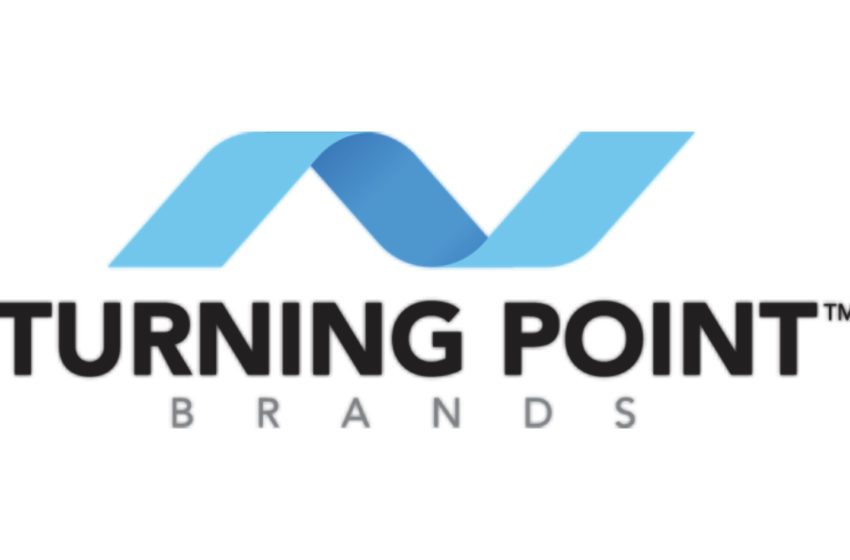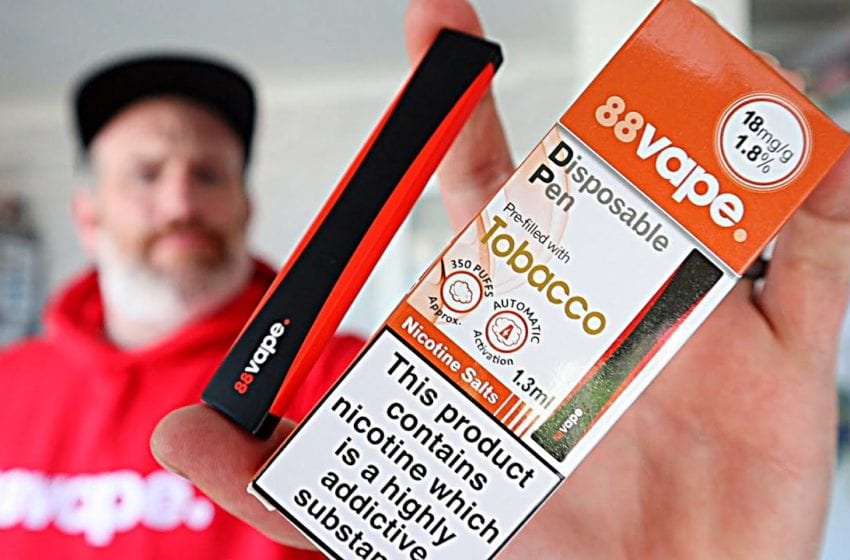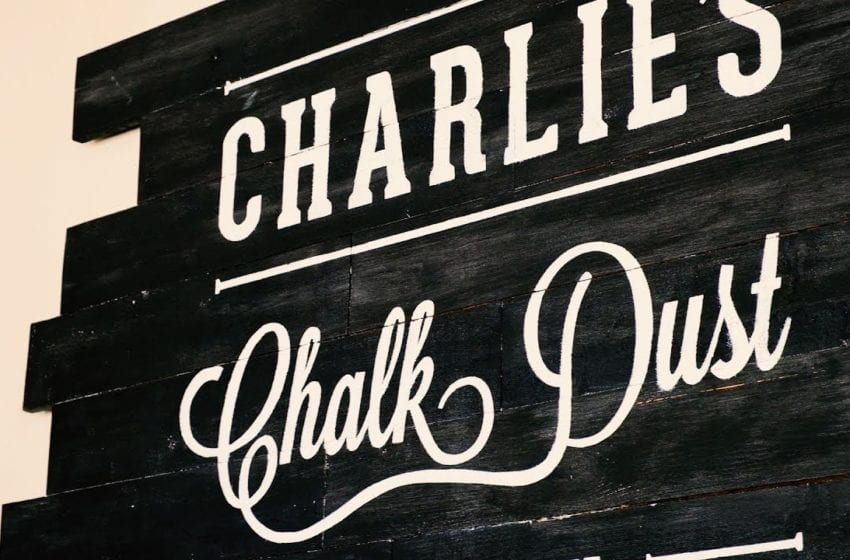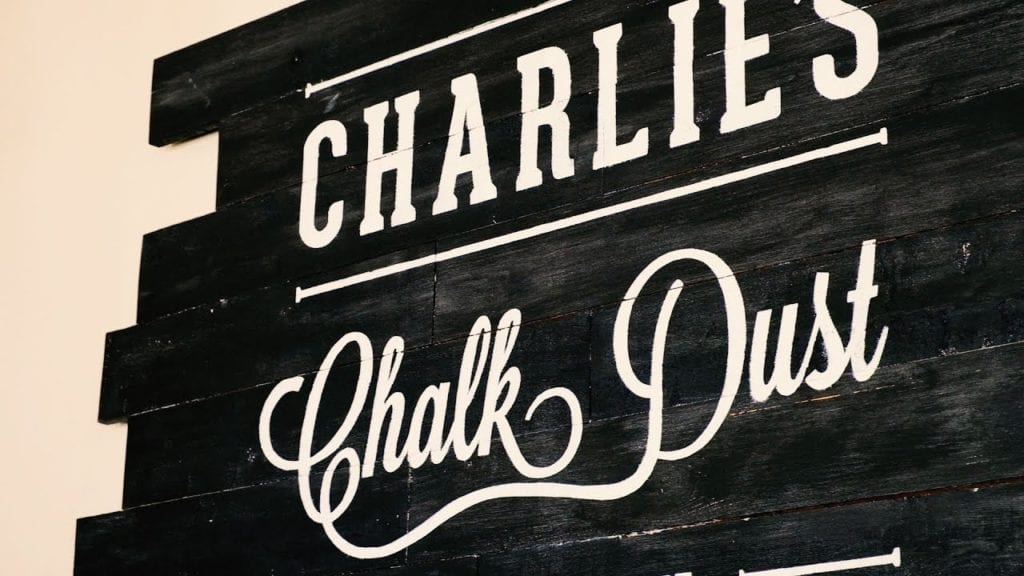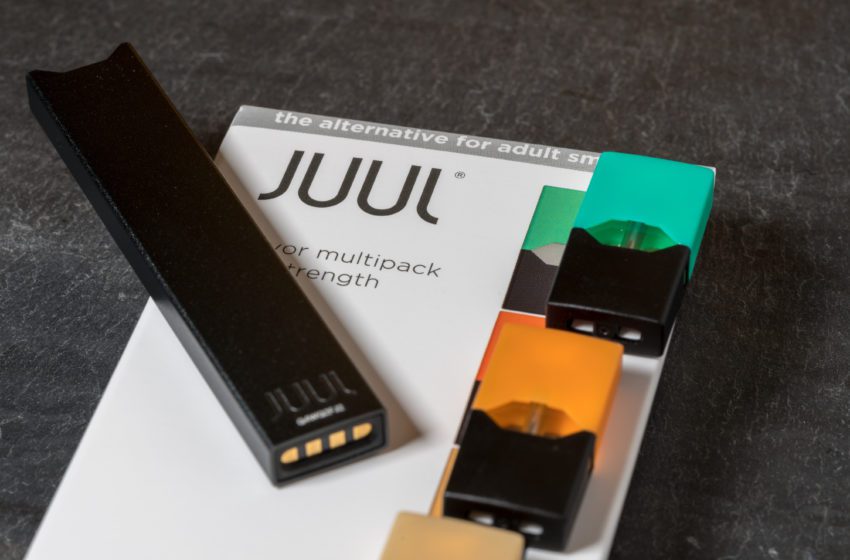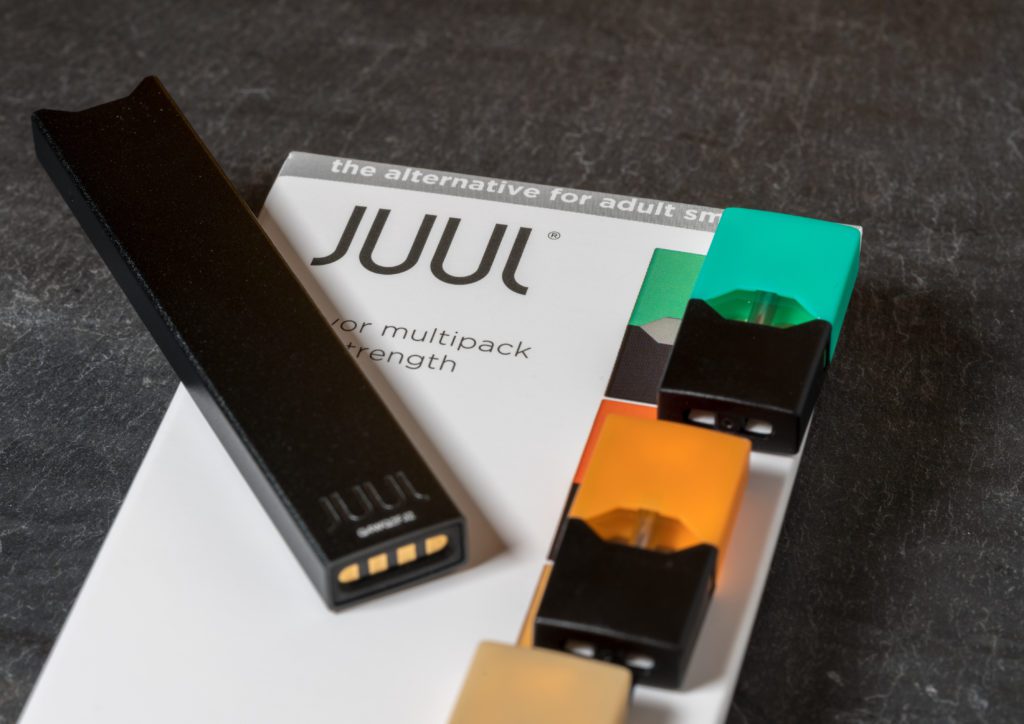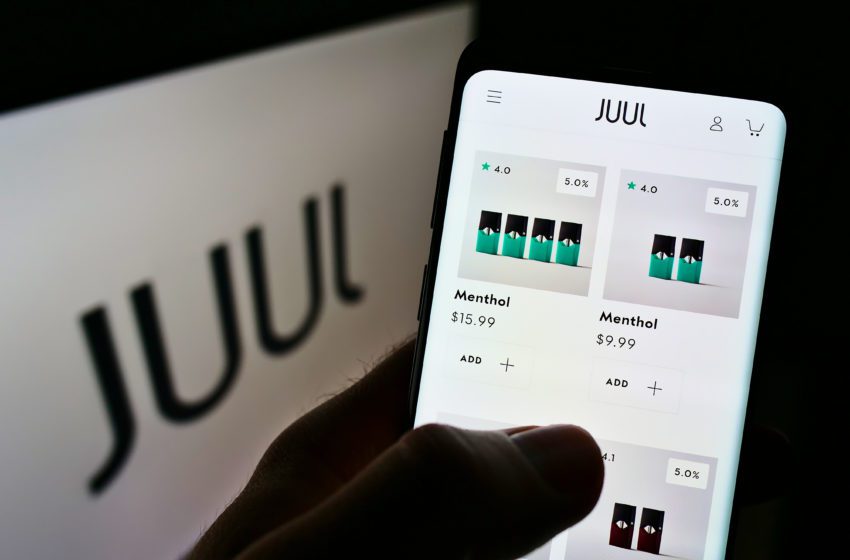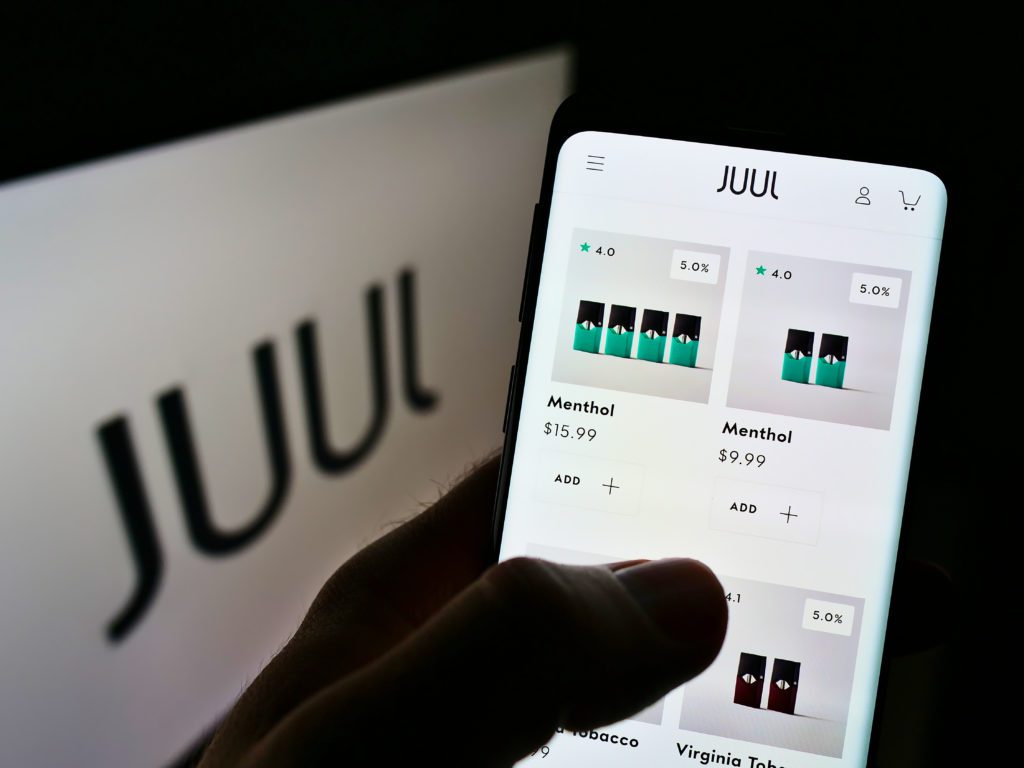
Turning Point Brands (TPB) reported net sales of $107.8 million for the third quarter ended Sept. 30, 2022, down 1.9 percent.
Net sales for Zig-Zag and Stoker’s products increased 23.3 percent and 10 percent, respectively, while net sales for new generation products declined by 40.3 percent. Gross profit decreased 2.9 percent to $52.7 million and net income decreased 14.3 percent to $11.5 million
“Zig-Zag and Stoker’s segments demonstrated strong double-digit growth during the quarter despite a challenging economic backdrop with inflationary pressures continuing to impact consumers,” said TPB President and CEO Graham Purdy in a statement.
“Zig-Zag benefitted from solid growth in the U.S. papers and Canadian businesses during the quarter and the successful launch of CLIPPER lighters.
Meanwhile, Stoker’s MST experienced continued share gains driven by consumer trade-down to the value category. NewGen sales decreased slightly compared to the previous quarter and the segment remained profitable as we monitor ongoing regulatory developments
“We continued to return capital to our shareholders during the quarter while maintaining a strong cash balance that provides us with the ability to navigate the current financing environment. While our competitive position remains strong and we outperformed our markets during the quarter, it is prudent to adjust our outlook for the year in light of the current economic environment.”

